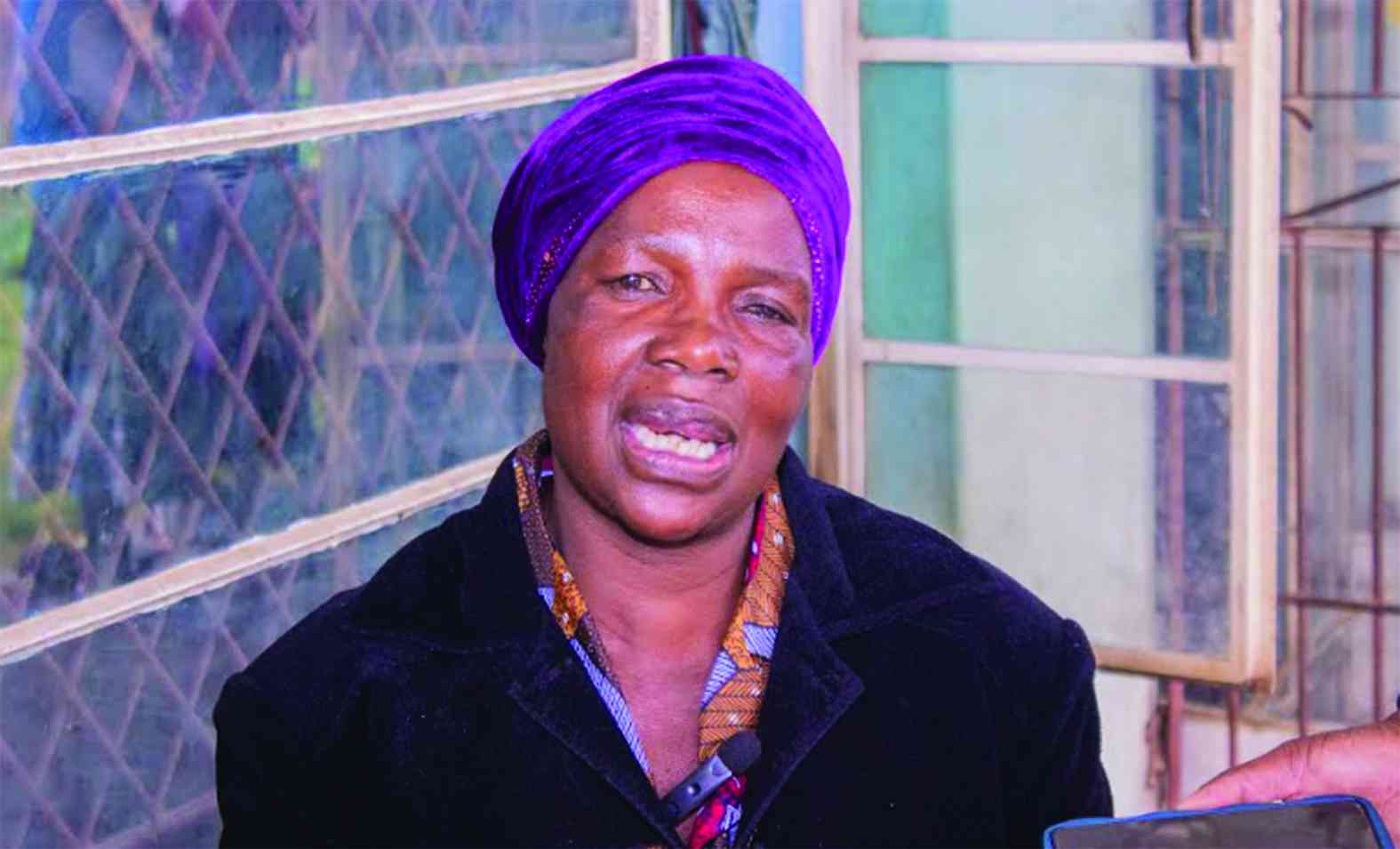
MORE than half a million children in Zimbabwe are living in severe food poverty with the number projected to rise due to the current El Niño-induced drought, Unicef has said.
Zimbabwe is grappling with the effects of climate change, which have led to drought leaving marginalised communities facing hunger. President Emmerson Mnangagwa has declared the drought a state of disaster as Zimbabwe seeks to marshal resources to the tune of US$3 billion to avert hunger.
According to Unicef, almost 300 000 children are threatened by severe acute malnutrition in six drought-affected countries in southern Africa.
“The humanitarian needs children are facing due to El Niño are extremely concerning,” Unicef regional director for Eastern and Southern Africa, Etleva Kadilli said.
“Increasing food insecurity and malnutrition, challenges in accessing safe water and sanitation, as well as risks to disease outbreaks such as cholera are a serious threat.
“Thousands of children are on the brink of being irreversibly impacted in their health and growth because of the climate-related crisis and this warning should not go unheard by the international community.”
According to Unicef, 7,4 million children are living in child food poverty — of which over 2 million are surviving on poor diets that include at most two food groups in Lesotho, Malawi, Namibia, Zambia and Zimbabwe.
“Through innovative collaboration, ideas and financing that include community engagement such as the mother-led care groups in Zimbabwe and the large-scale multi-sectoral nutrition programme in Zambia, we can ensure children and families are supported by sustainable efforts that protect them from some of the severe consequences of climate crises in the region,” Kadilli said.
- More action needed to stem child marriages
- Child marriage: A heavy cost for young girls in Africa
- Feature: Cyclone Idai victims struggling with mental health challenges
- Child marriage comes with a heavy cost
Keep Reading
He said strengthening national social protection systems was one of Unicef’s key tools in supporting families to build resilience to future shocks and recover from the effects of emergencies.
“Investment and innovation in building family and societal resilience are vital. Frameworks that stay fit for future purposes, including diverse food systems, clean water, sanitation services, climate-informed education and climate-responsive healthcare, must be prioritised, alongside the safeguarding of key services and systems for children to ensure quality and uninterrupted access.”
According to Unicef, two million people are acutely food insecure with almost 52 000 children under the age of five in the 84 drought-affected districts in Zambia expected to suffer from severe acute malnutrition.
In Botswana, almost 12 000 children under the age of five are underweight due to lower agricultural production and increased import prices for cereals and other foodstuffs, thereby putting vulnerable children at heightened risk of food insecurity and malnutrition.
The World Food Programme (WFP) recently said it required US$409 million to scale-up its initial response to provide general food assistance to over 4,5 million people in Malawi, Zambia and Zimbabwe until March 2025.
WFP added that the crisis triggered by El Niño was expected to lead to a significant regional food deficit, with an estimated 5 million tonnes of imported maize necessary to meet regional demand.











